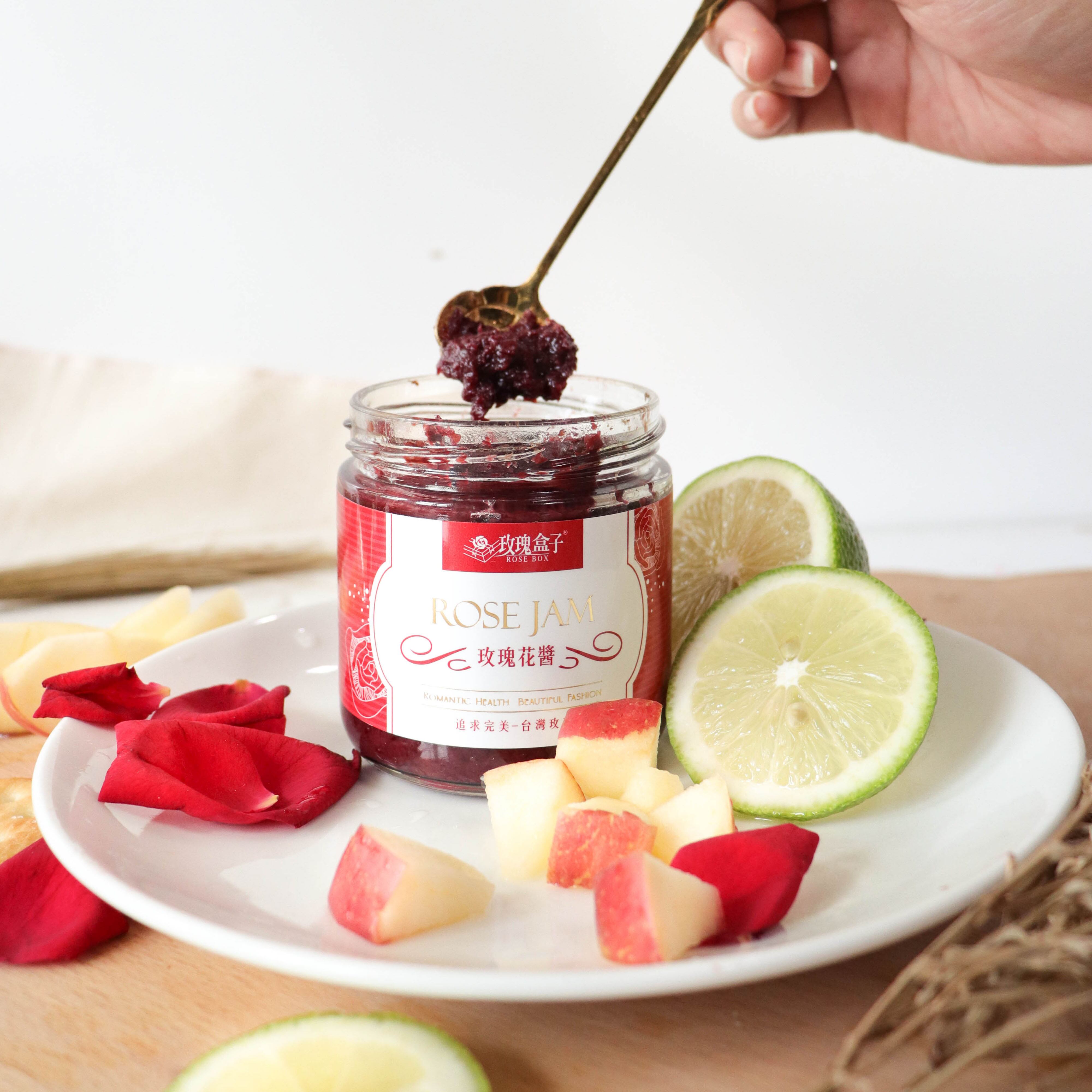
Taiwan’s Rose Box eyes rapid exports expansion with organic rose-based products
Taiwan-based Rose Box is aiming to grow its exports business to more APAC markets over the next year with products such as rose jams and rose pastes.
News & Analysis on Food & Beverage Development & Technology

Taiwan-based Rose Box is aiming to grow its exports business to more APAC markets over the next year with products such as rose jams and rose pastes.
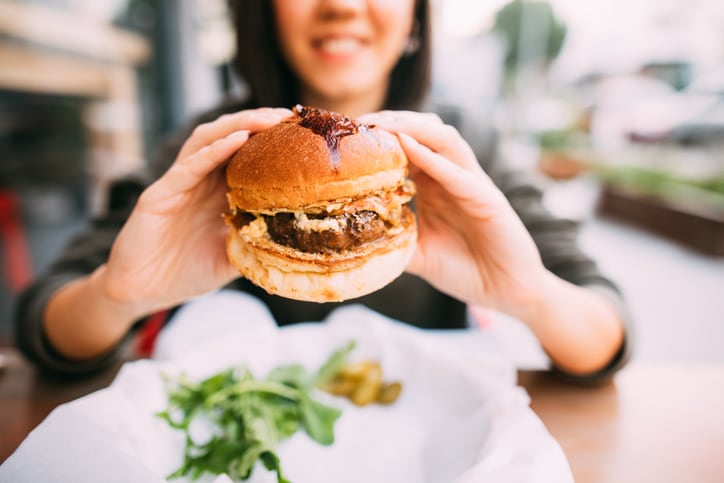
Rising consumption of Western-style diets in Korea is raising gender-based heart health concerns in adults, based on data from a 16-year study
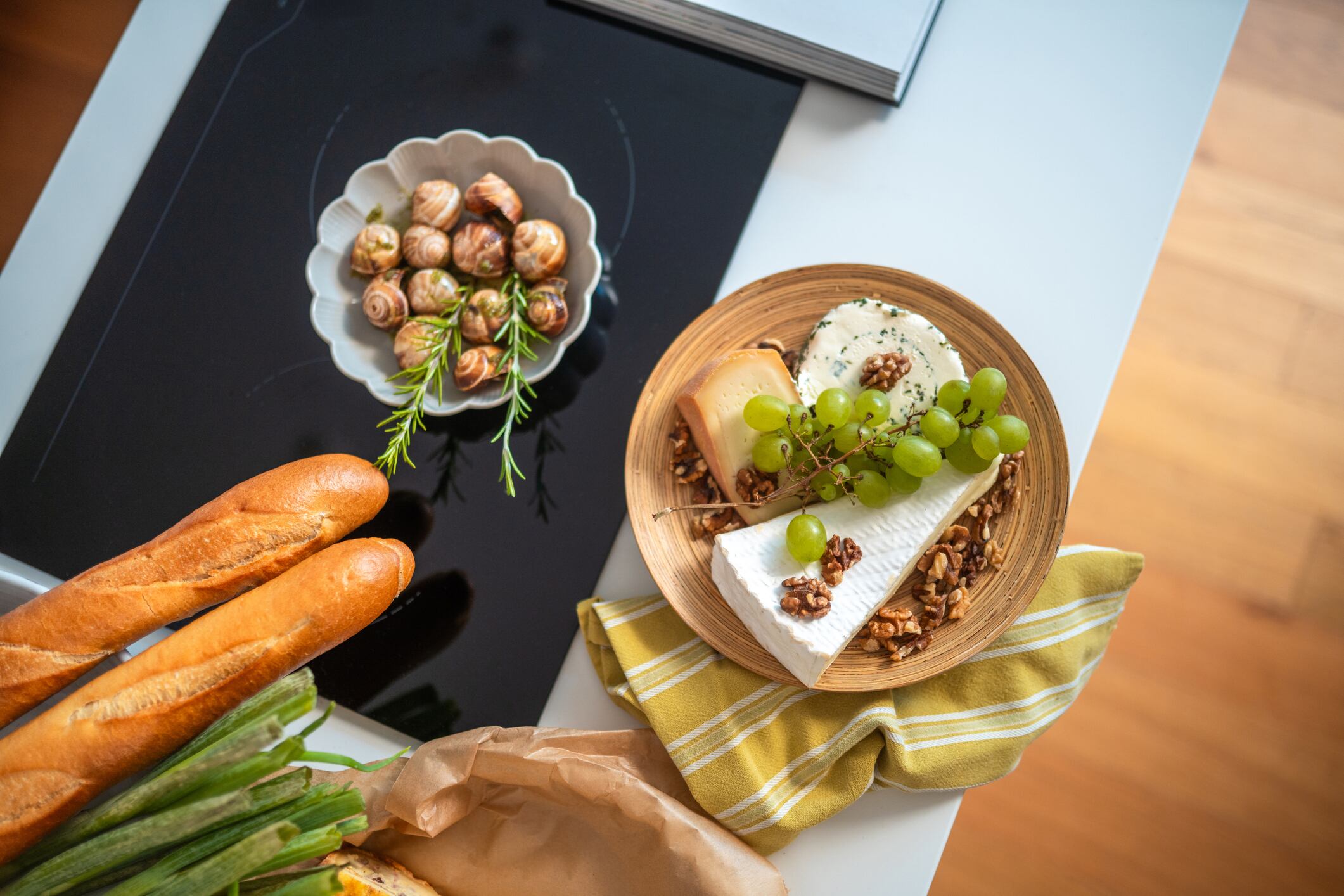
Rising demand for European foods in Asia has prompted Amazon Fresh to expand its European range with French products in this region

The next wave of food tech is boosting production through innovation, efficiency and lessons from the past. Explore 3 key technologies – and pitfalls to avoid
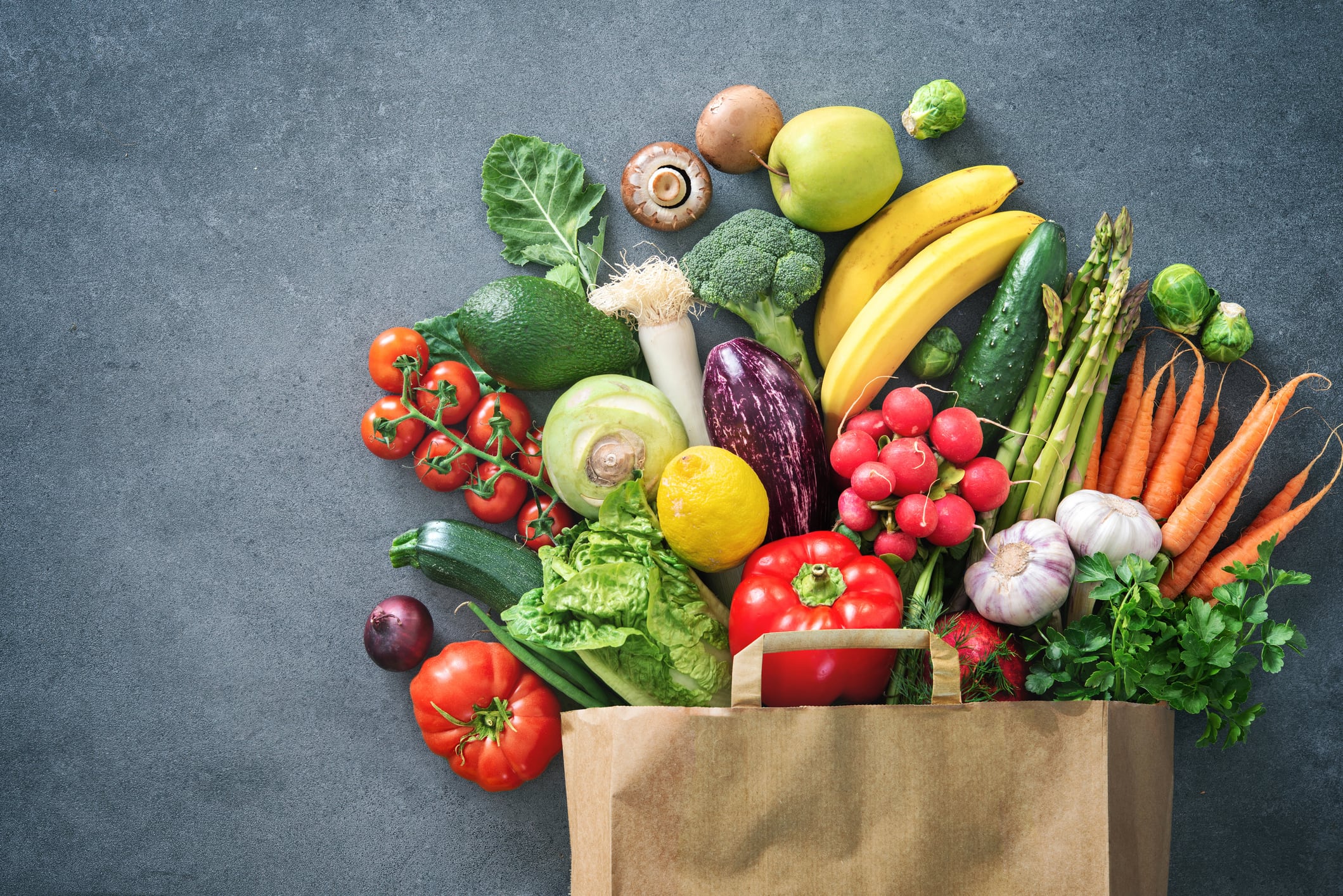
Most Japanese adults are not meeting recommended fruit and vegetable needs, and new data indicates this issue will worsen in the long-term without intervention

From low-carb to probiotics, craft beers are going all out to create novel, functional options and attract a whole new set of conscious consumers
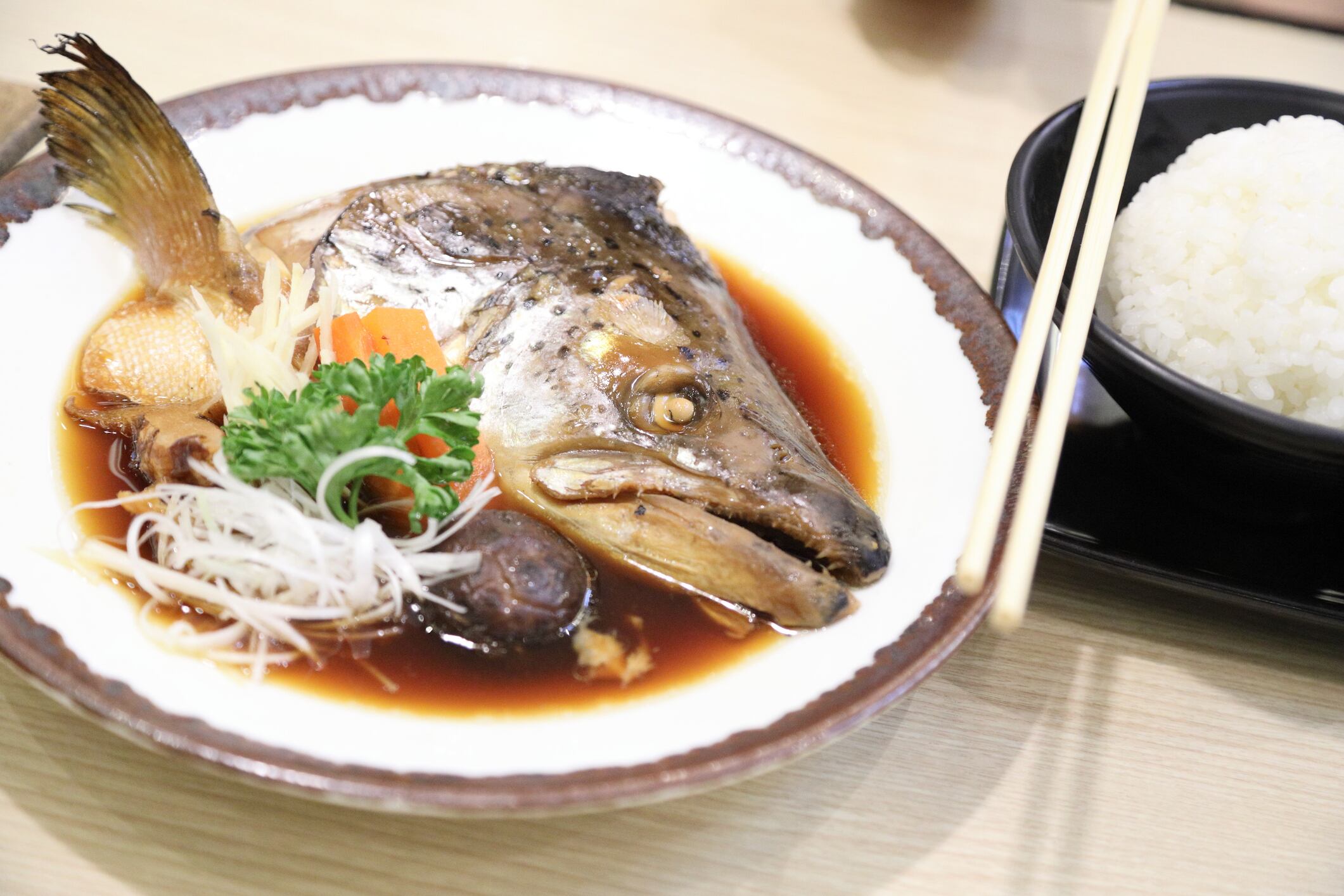
Asia’s seafood sector must adapt safety and sustainability measures to diverse local markets, say experts

Chocolate is changing fast - premium indulgence, health-driven treats, and even cocoa-free innovations are rewriting the rulebook
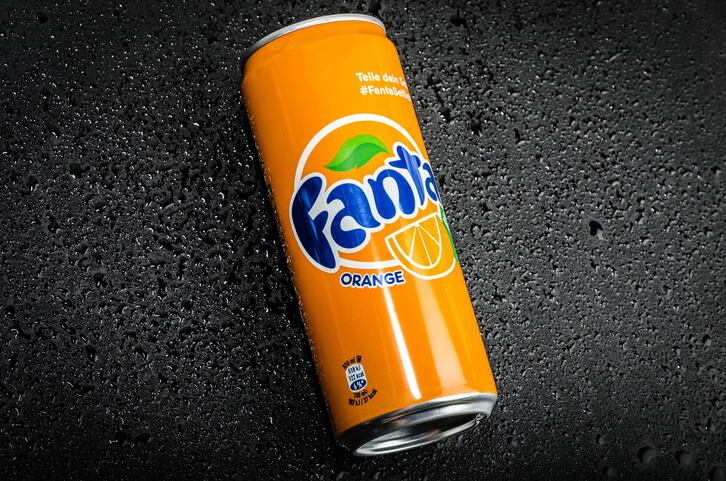
Behind Fanta’s fizz lies Coca‑Cola’s toughest challenge: keeping one brand iconic while navigating a maze of laws, tastes and taxes worldwide
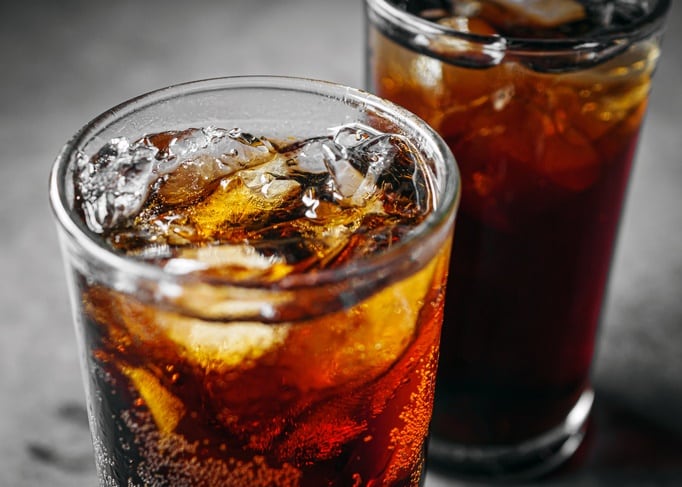
Over 80% of China’s schoolchildren are still choosing sweet drinks, sparking calls for tougher control measures
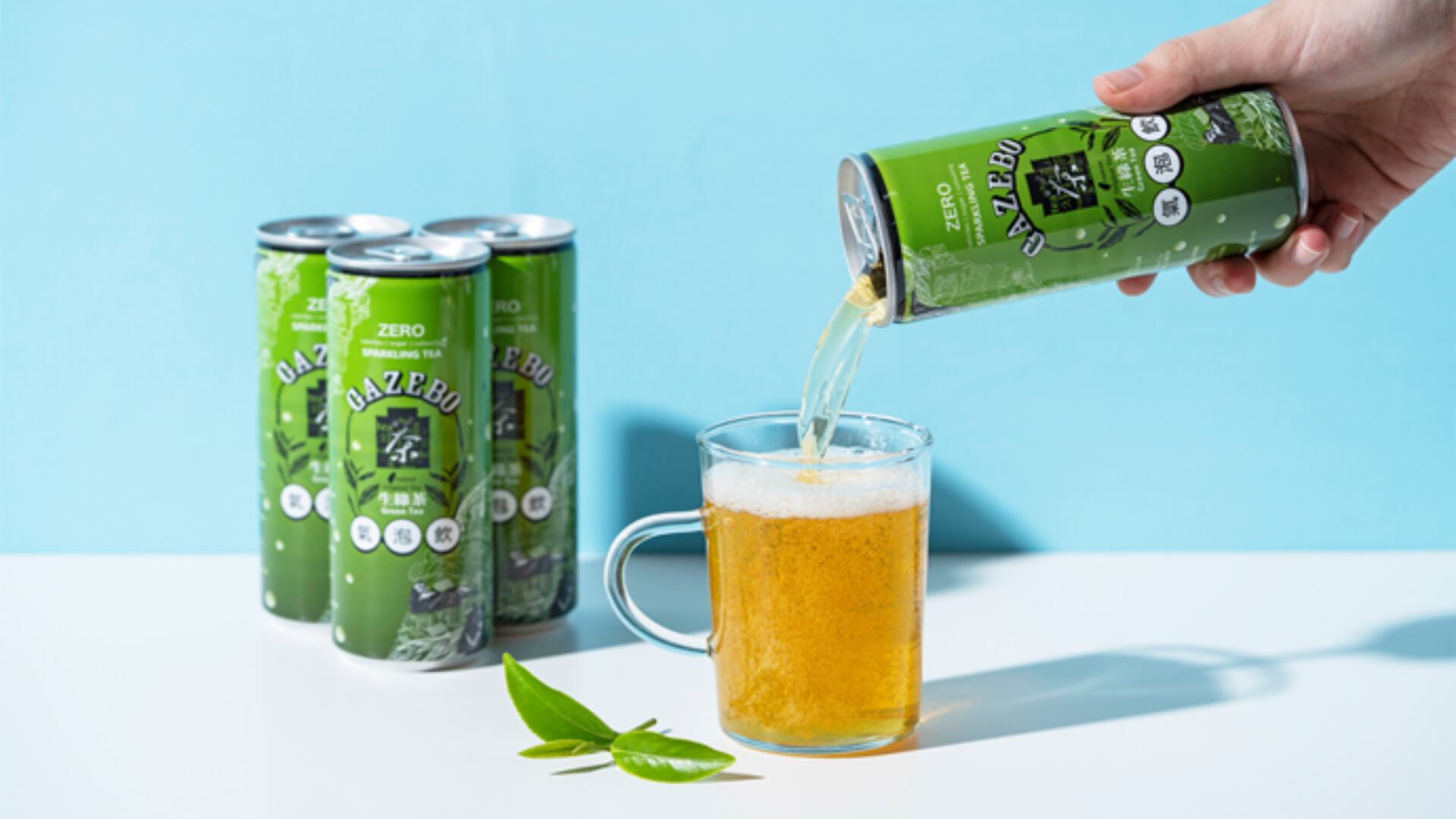
Kaohsiung Food Show 2025
Kaohsiung-based tea firm reimagines green tea into a fizzy beverage as health-conscious consumers seek weight-friendly and zero-alcohol options

The achievement gives Danone a competitive advantage over the likes of Nestlé and Unilever and is a boon for investor confidence
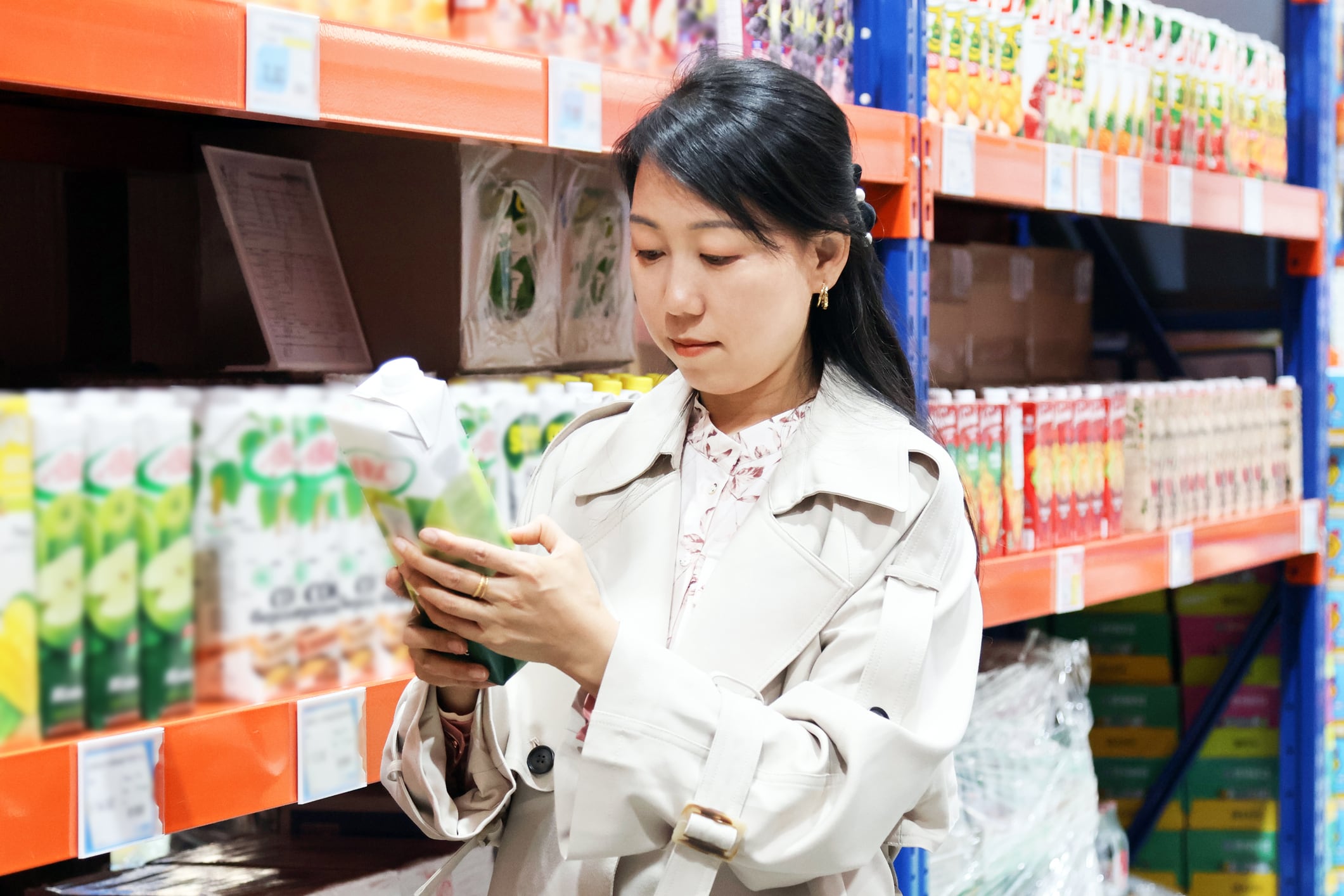
Chinese regulators have published new guidance documents to guide food firms through new nutritional label regulatory updates, in hopes of boosting compliance
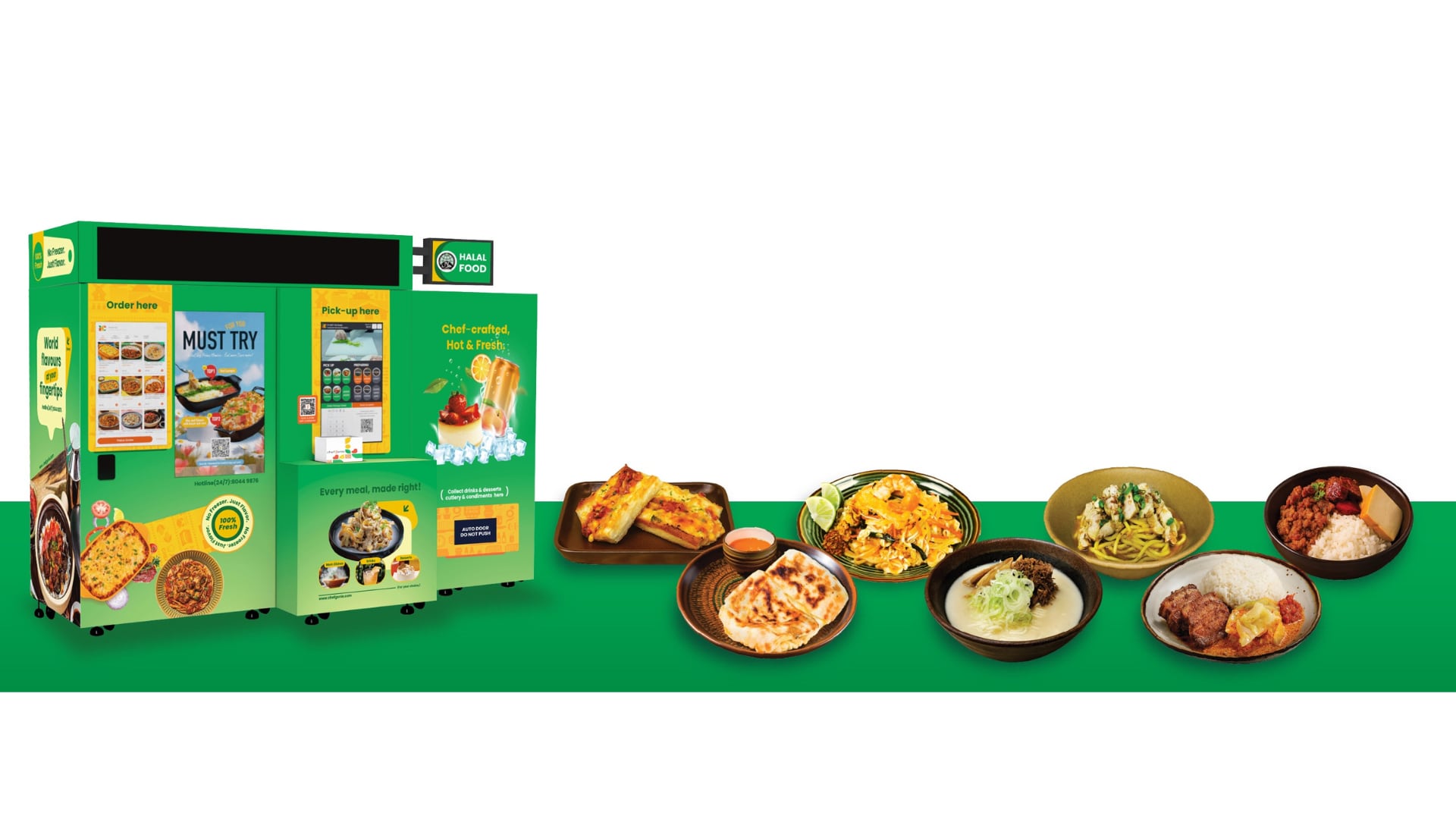
Singapore’s first AI vending machines cooking ready-to-eat (RTE) meals on demand, 24/7 are targeting global growth
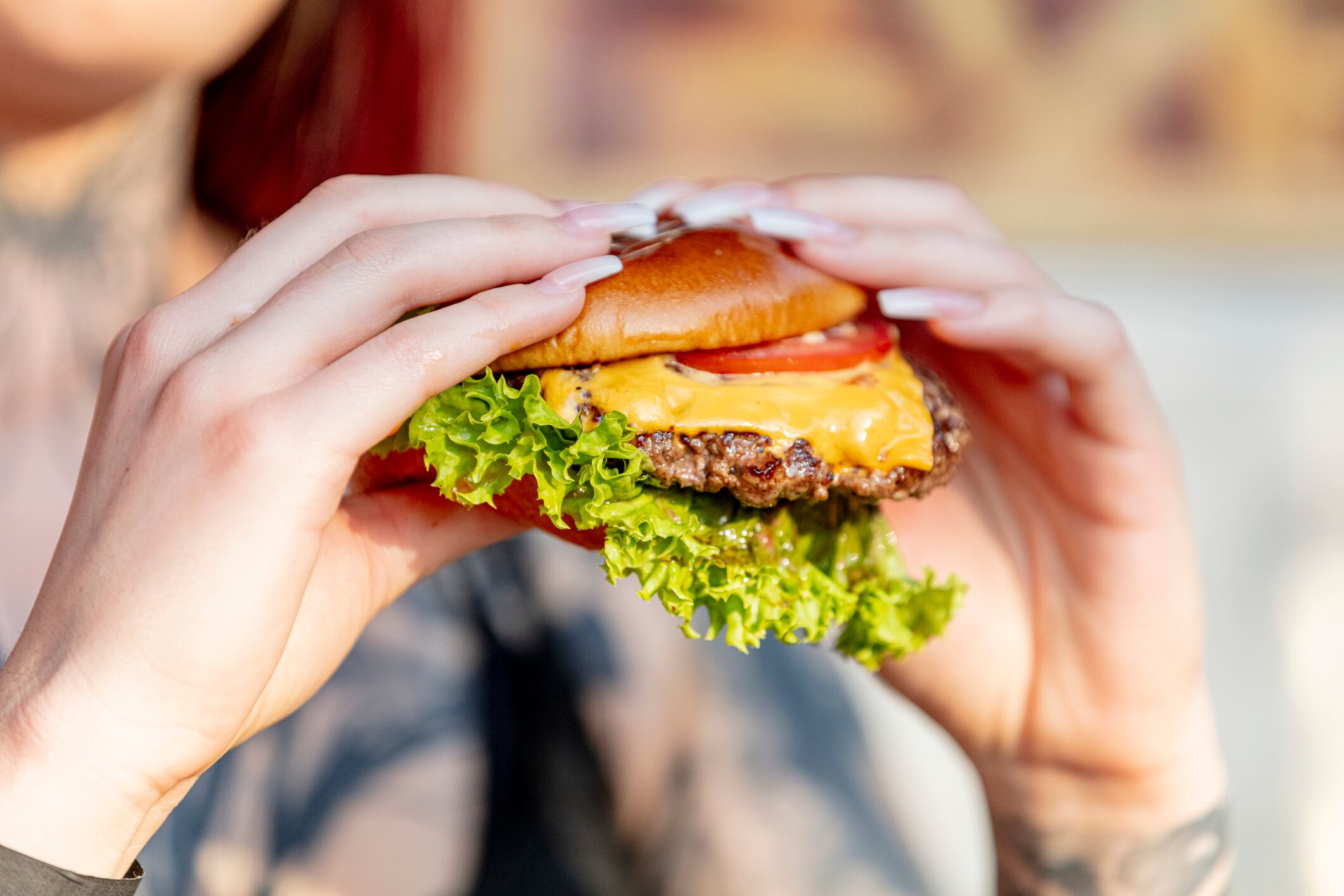
Ultra-processed diets aren’t equally dominant worldwide - but in some countries, they’re rising fast
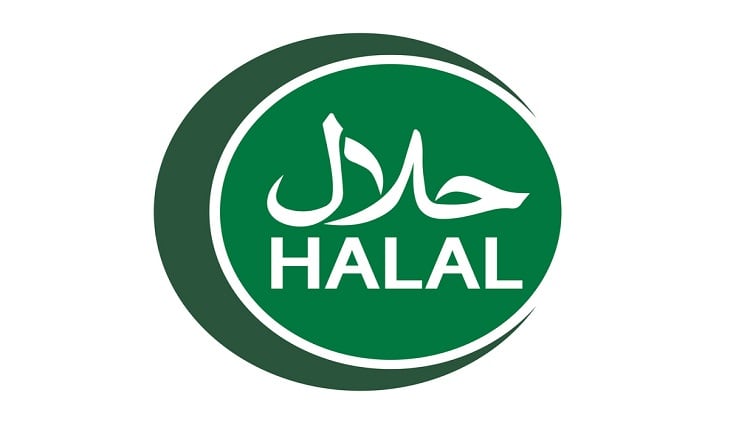
Halal food trade faces challenges in regional, much less global, standardisation – experts outline three key steps to move toward a unified system

Sydney’s bakeries aren’t just baking – they’re performing. From sky-high lamingtons to cult sourdough, this city’s pastry scene blends precision, play and viral energy in every bite
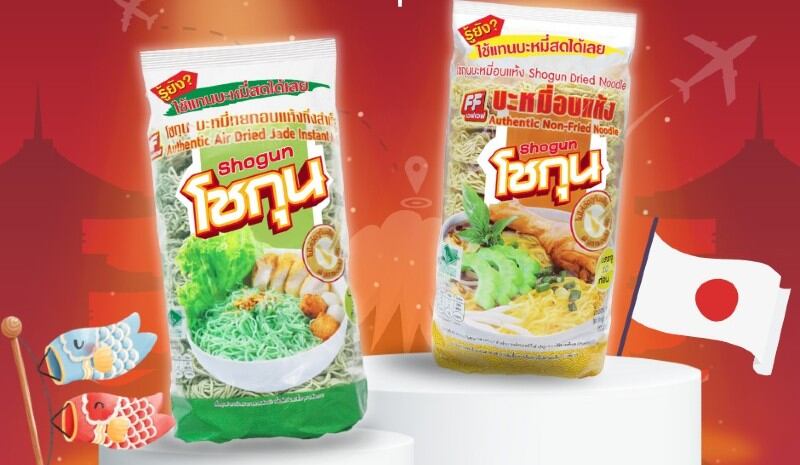
ThaiFex-Anuga Asia 2025
Fashion Food moves beyond snacks with healthy instant rice soups and noodles, tapping into booming convenience and wellness food trends

Gen Z’s focus on wellness and digital culture drives Mars Wrigley’s South East Asian strategy in snacking, oral care and mental wellbeing
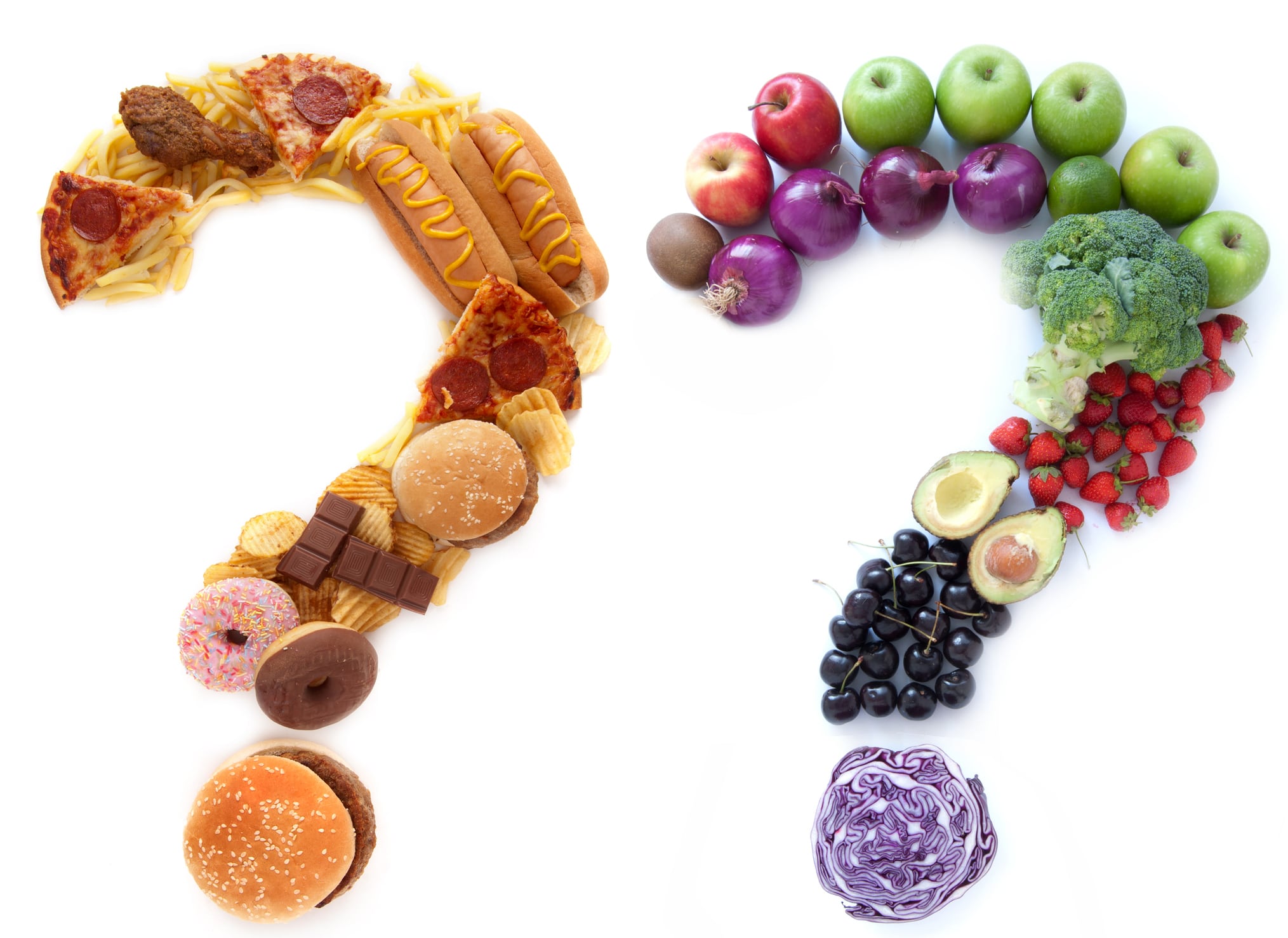
Consumption of ultra-processed foods (UPFs) across South Asia varies significantly depending on location, age, gender, and socioeconomic status, according to new findings.

As sustainable ingredients gain traction, we explore the trends driving their development

Cocoa-free chocolate is reshaping the confectionery landscape. But will consumers buy in?
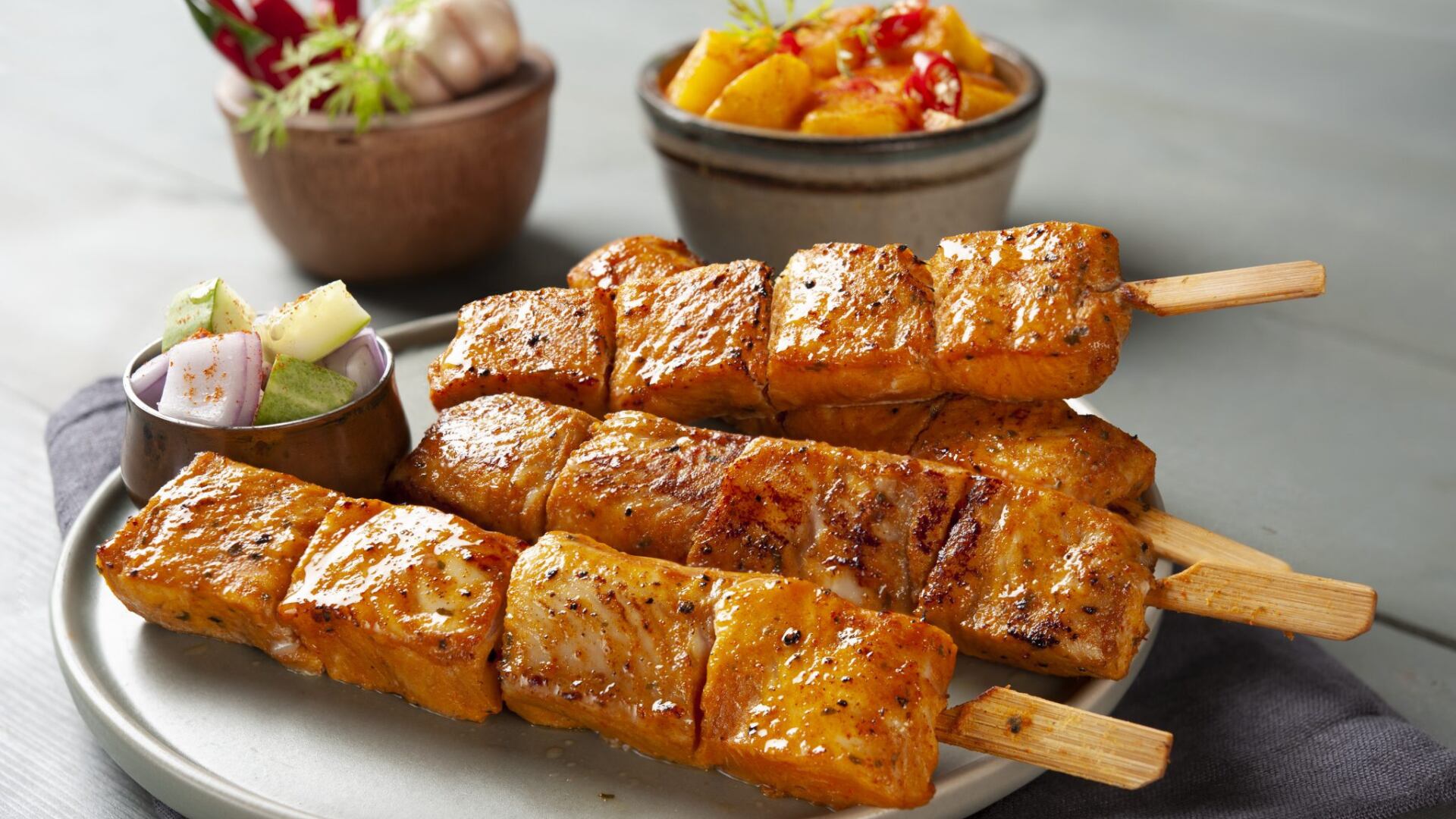
Vietnam’s Vinh Hoan is maximising pangasius fish commercial potential with a circular model supporting convenient nutrition and supplement innovation

Fi Asia 2025
Indonesia aims to simplify halal certification for food SMEs, boosting global competitiveness and ensuring inclusive access for small businesses

Unilever’s widely-publicised ice cream demerger is expected to boost profit margins for its India business next quarter, despite recent delays in other markets
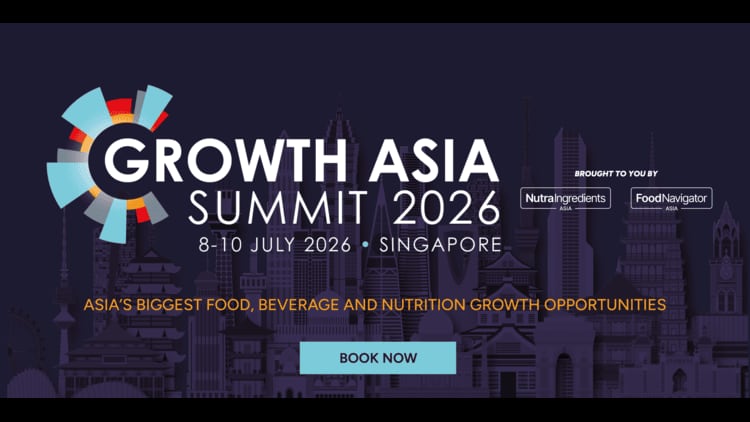
Today we can announce the first wave of speakers for our Growth Asia Summit 2026, with major brands from Japan, India, New Zealand, Malaysia, Hong Kong and France on the agenda.
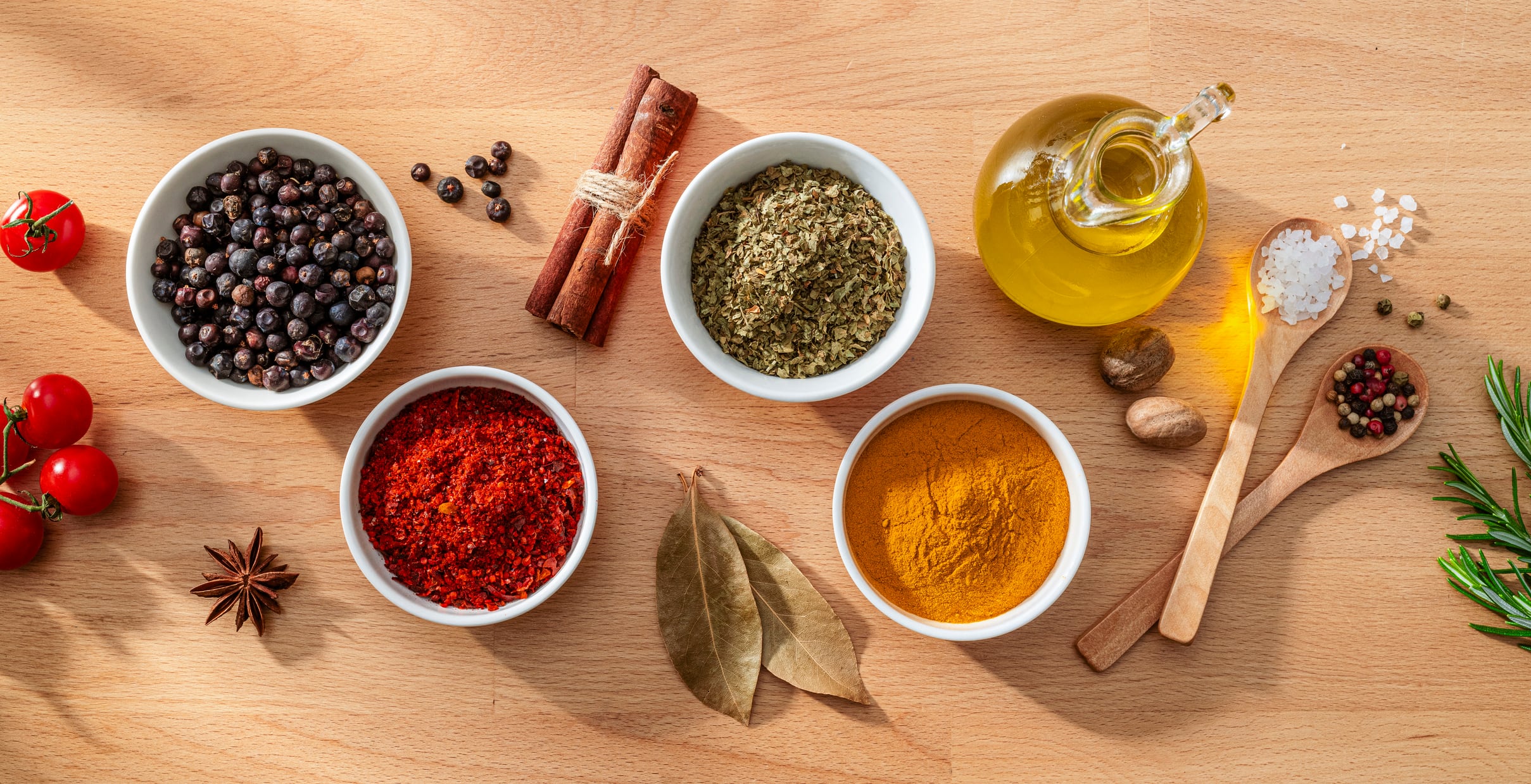
Spice is a leading savoury flavour trend in Asia – but innovation here requires much more than just cranking up the heat, according to McCormick
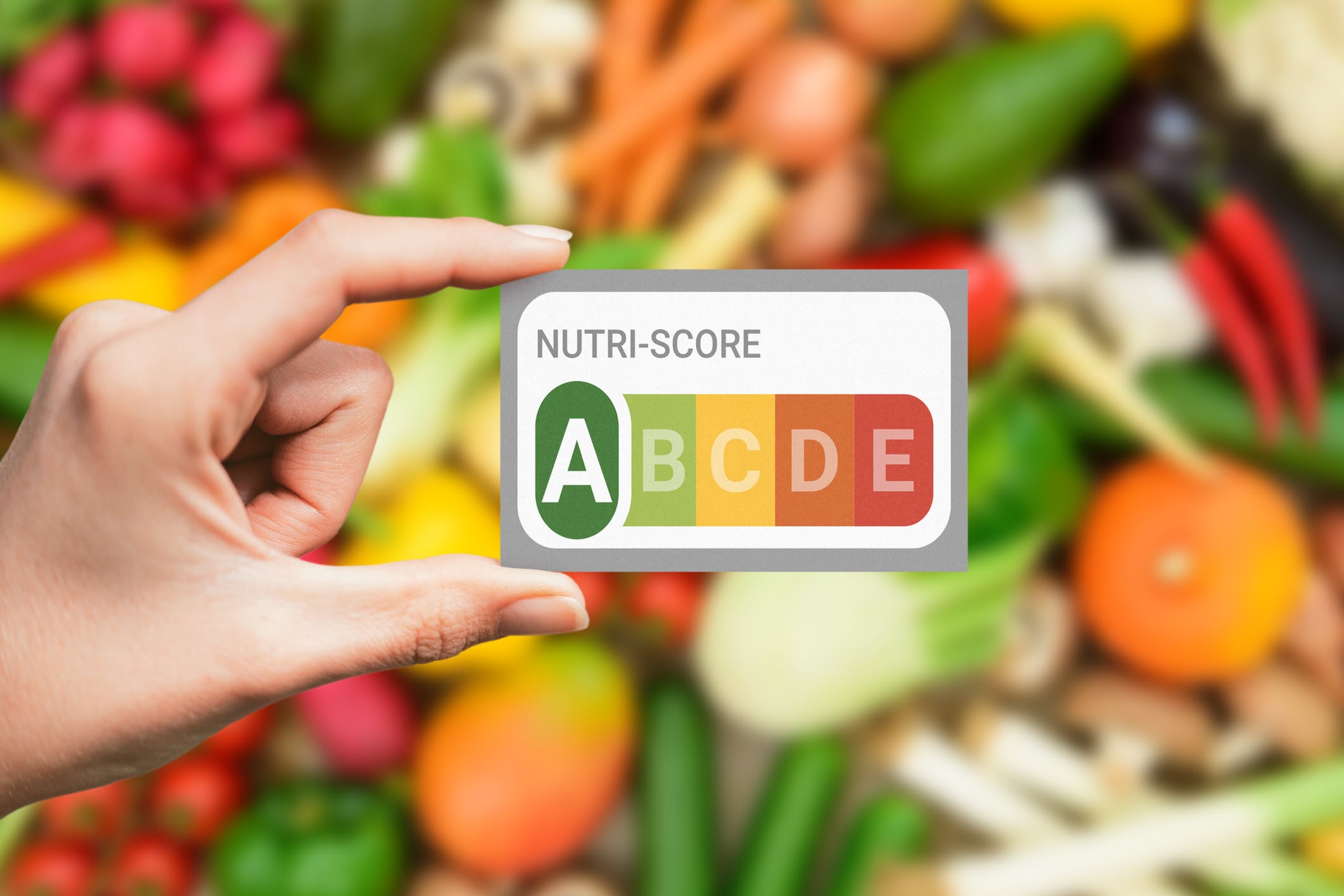
Nutri-Score has outperformed other internationally recognised labelling systems in a Saudi context, a new study has confirmed

Malaysia’s latest trade deal with the United States could have significant impacts for the food sector – but not so soon, and not all will benefit
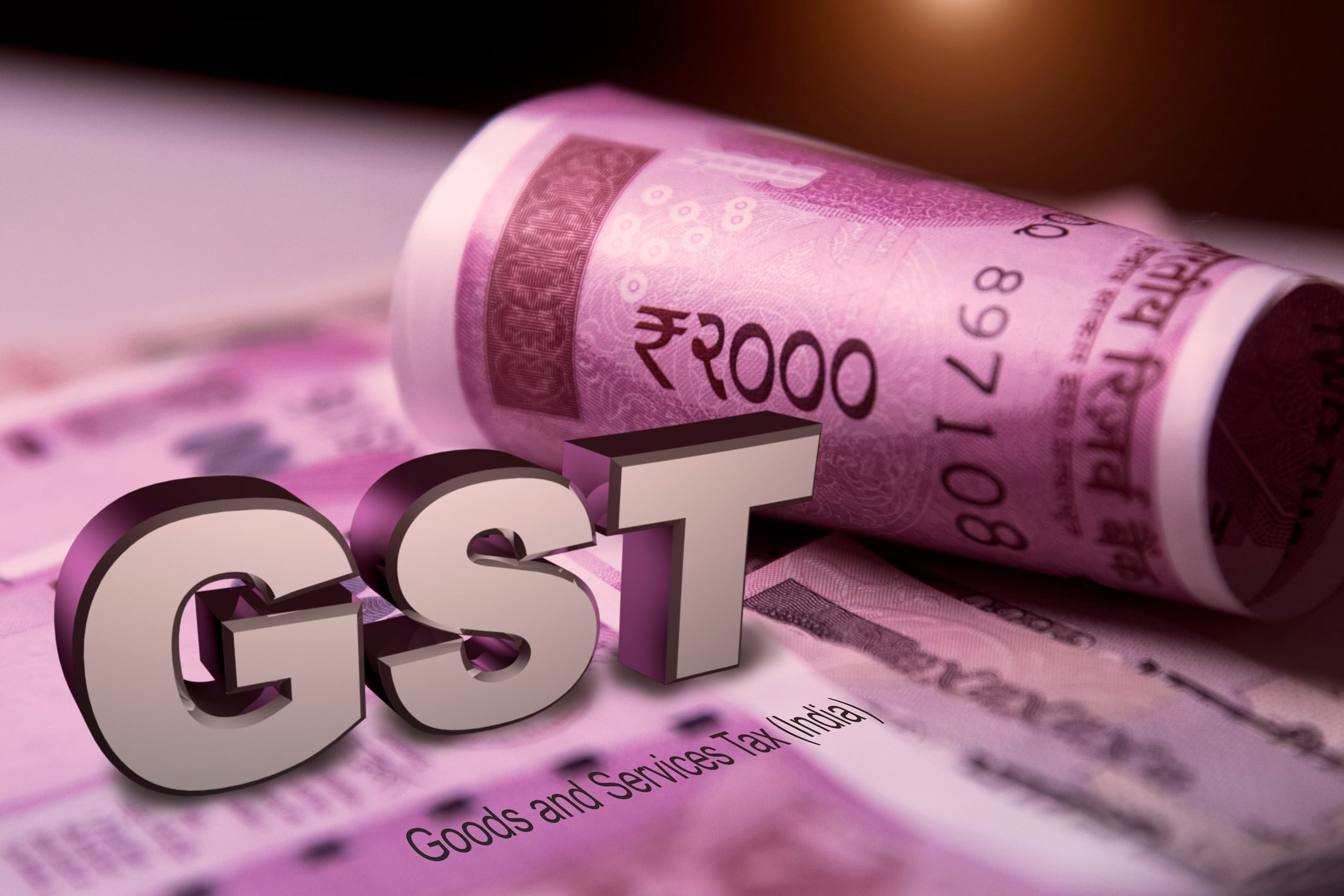
Hindustan Unilever India (HUL) is optimistic that the government’s recent tax reforms will help drive growth in the long-run, offsetting current impacts on sales

Barry Callebaut explores cocoa alternatives amid rising costs and climate pressure
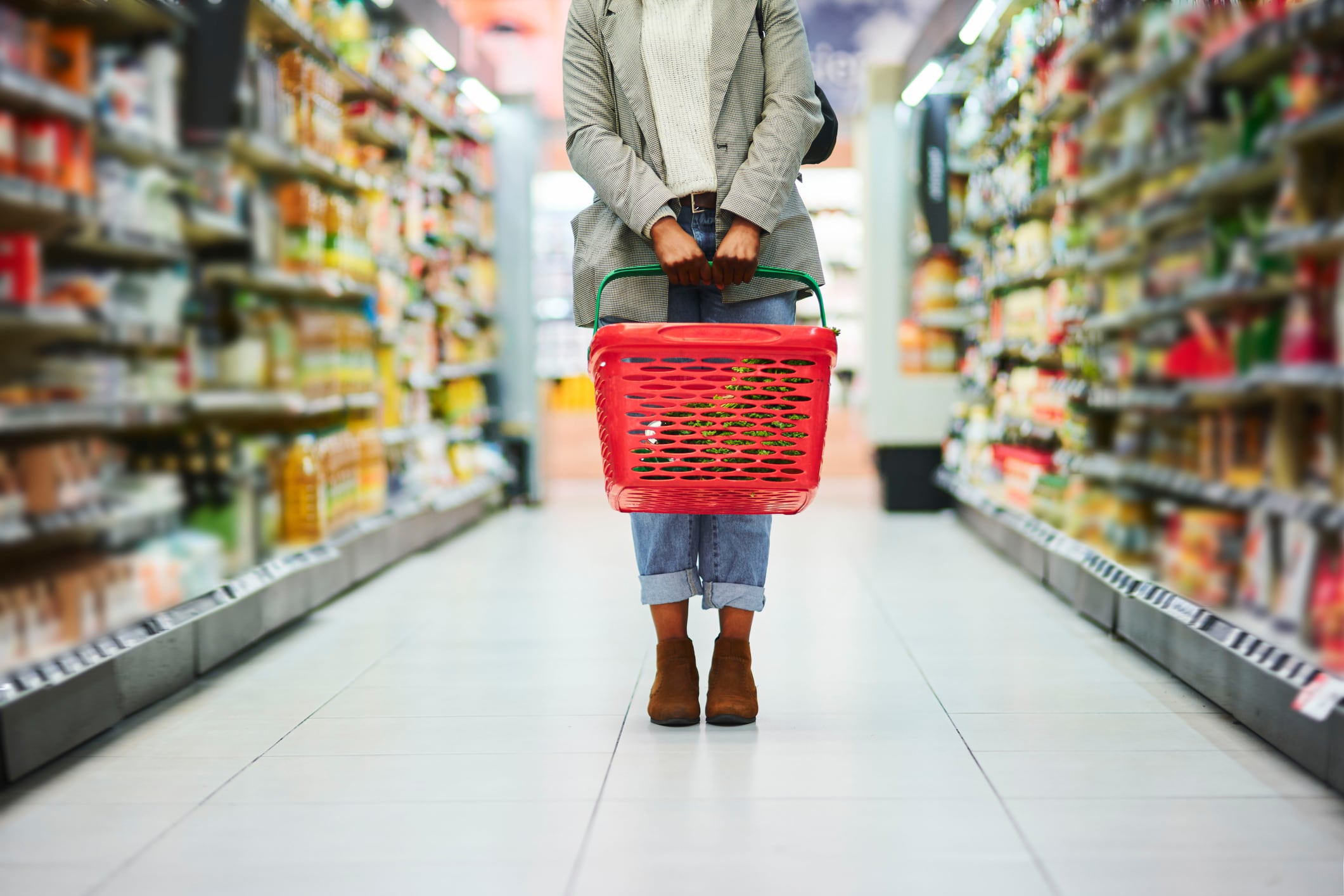
Asia holds vast growth potential for health-focused brands – but capturing it demands a balancing act between quality, affordability, and consumer trust
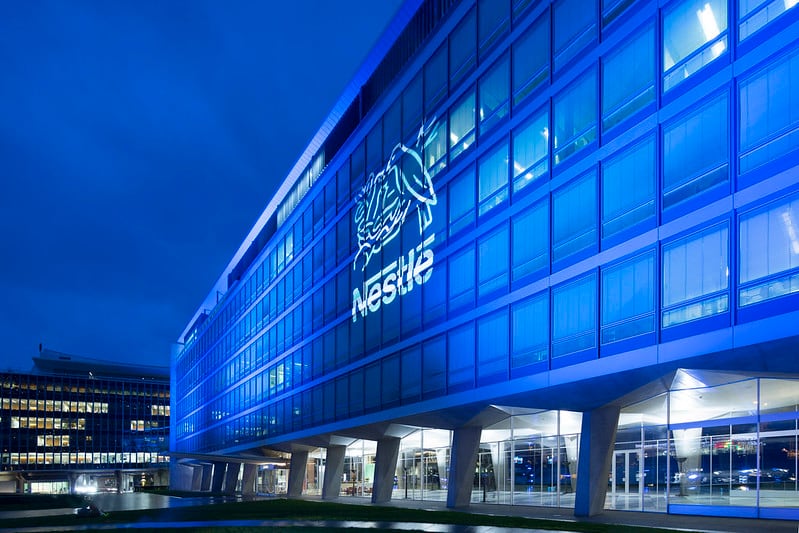
New Nestle CEO Philipp Navratil has reset Real Internal Growth (RIG) as his ‘most important’ priority moving forward – but just how will his plans for this impact APAC?

Thai food giant CP Foods has developed a dedicated platform to support consumers making healthier food choices towards preventative healthcare

GROWTH ASIA SUMMIT 2025
Experts at the Growth Asia Summit share 3 key insights to help food and nutrition firms tap into Asia’s burgeoning healthy ageing market
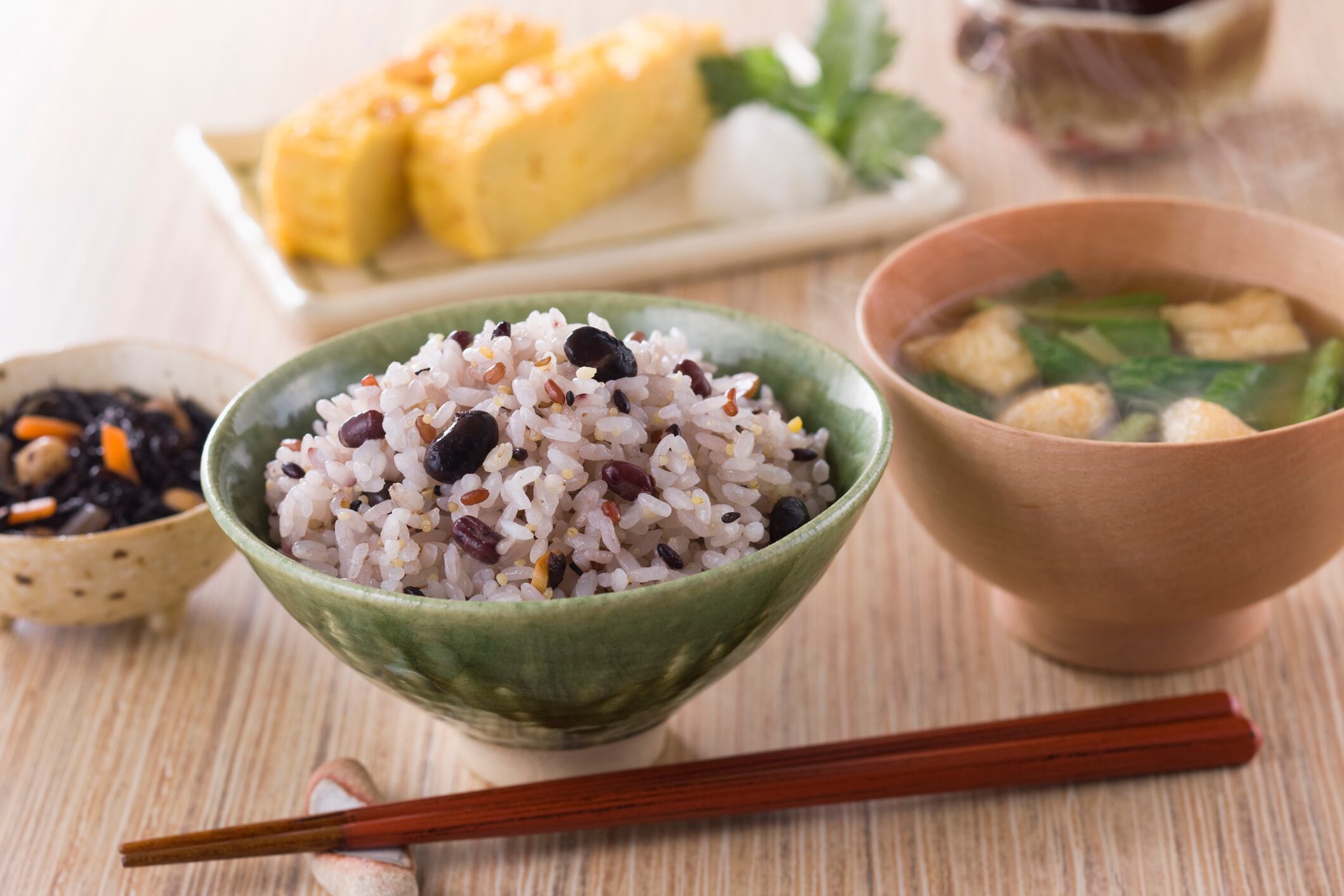
Japan’s Sankyo Foods introduces a microwavable GABA sprouted brown rice range, blending traditional staples for better texture and nutrition

Japan’s Fair Price Project urges consumer empathy and awareness as food producers face rising costs, in hopes of ensuring food supply sustainability
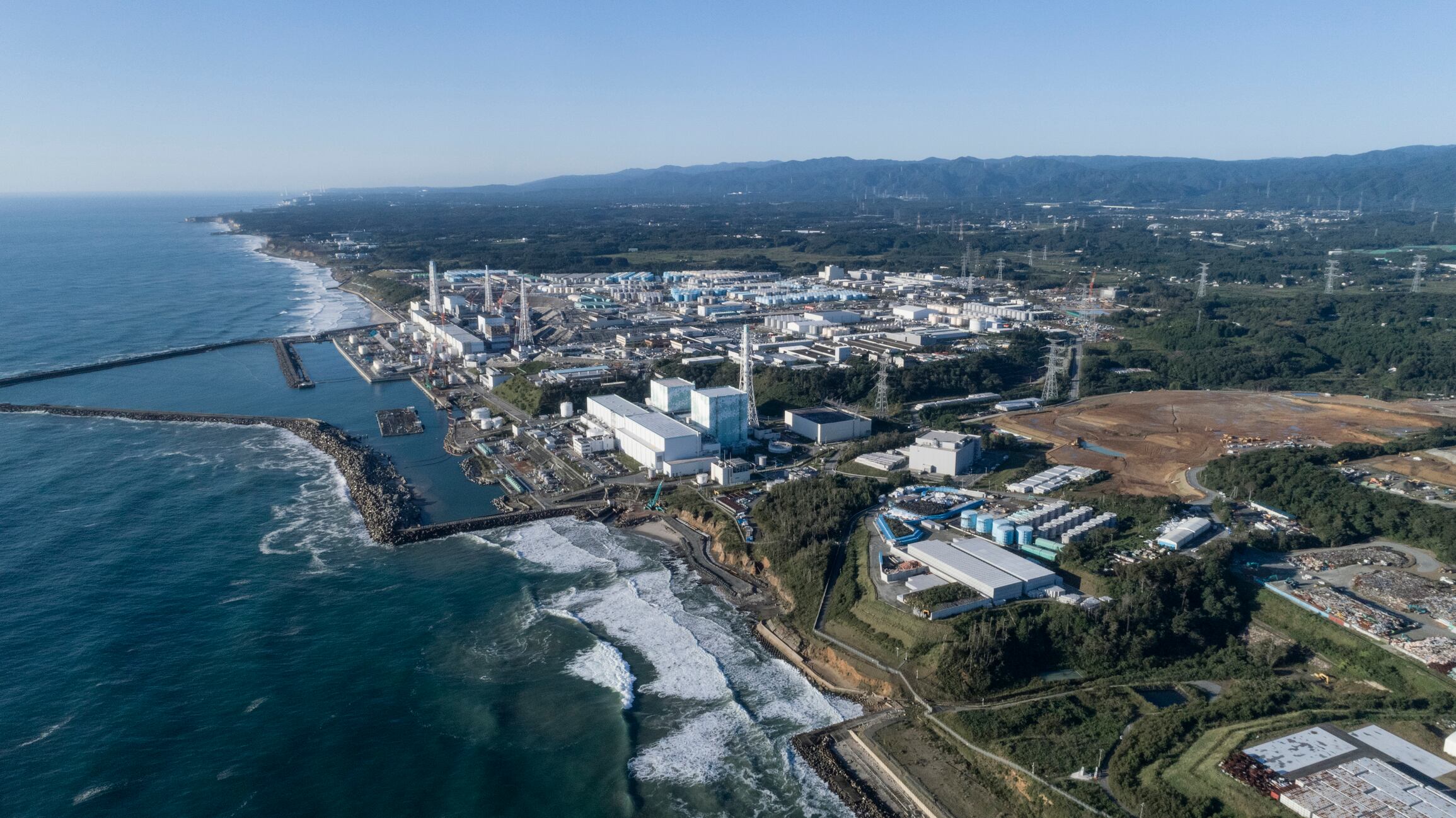
The International Atomic Energy Agency (IAEA) has launched three new reports to reiterate that Japan’s nuclear water release does not affect seafood safety

In a dramatic pivot, the EU’s anti-deforestation law looks like it will be pushed back for some, and reworked for all. Here’s a timeline to help with the whiplash

AI and cloud tech are transforming the UAE food industry amid government initiatives to modernise operations, reduce costs, and enhance supply chain efficiency
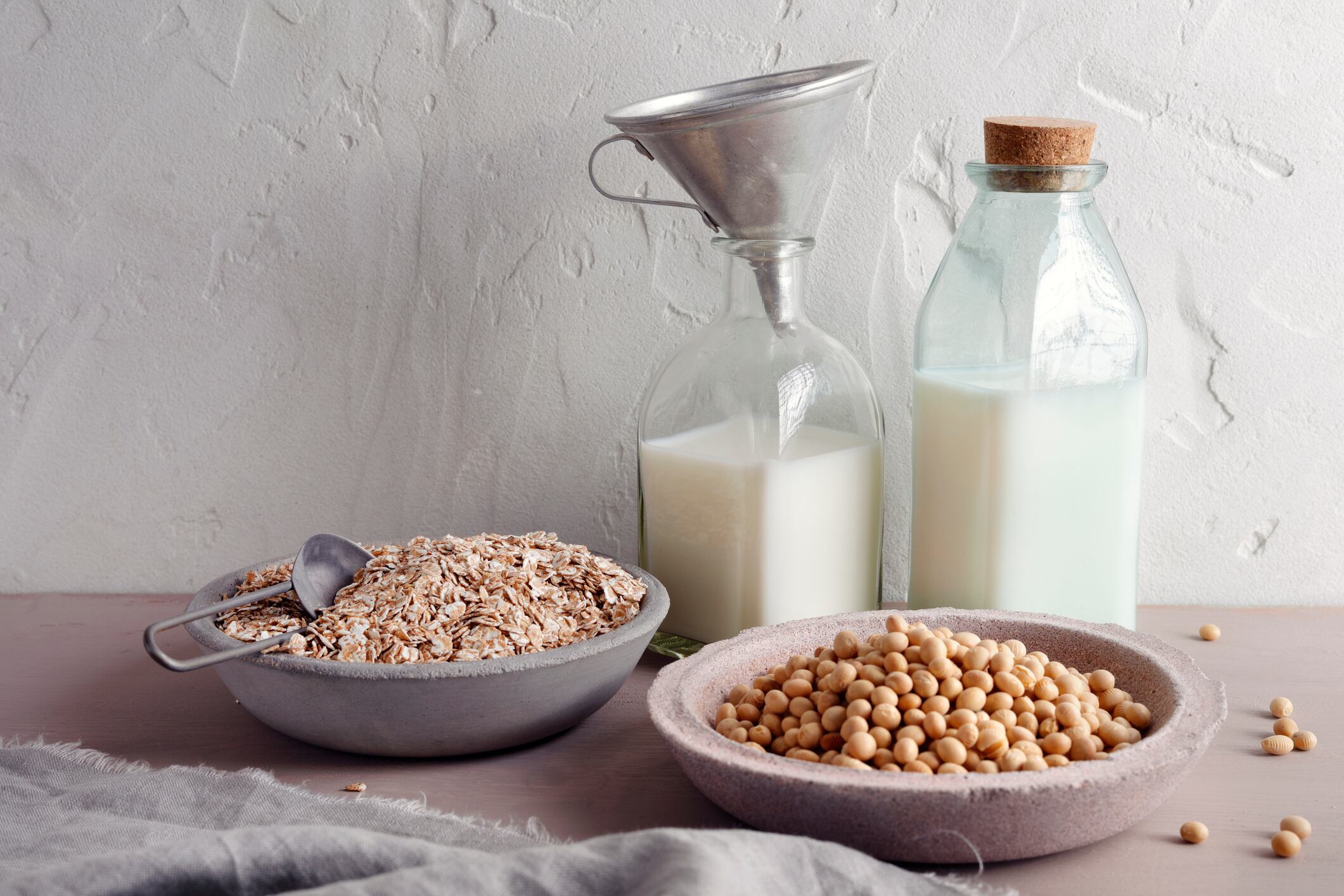
Barista oat drinks, fibre-rich soy, and functional carton formats are some of the ways to support healthier, convenient, and sustainable product launches
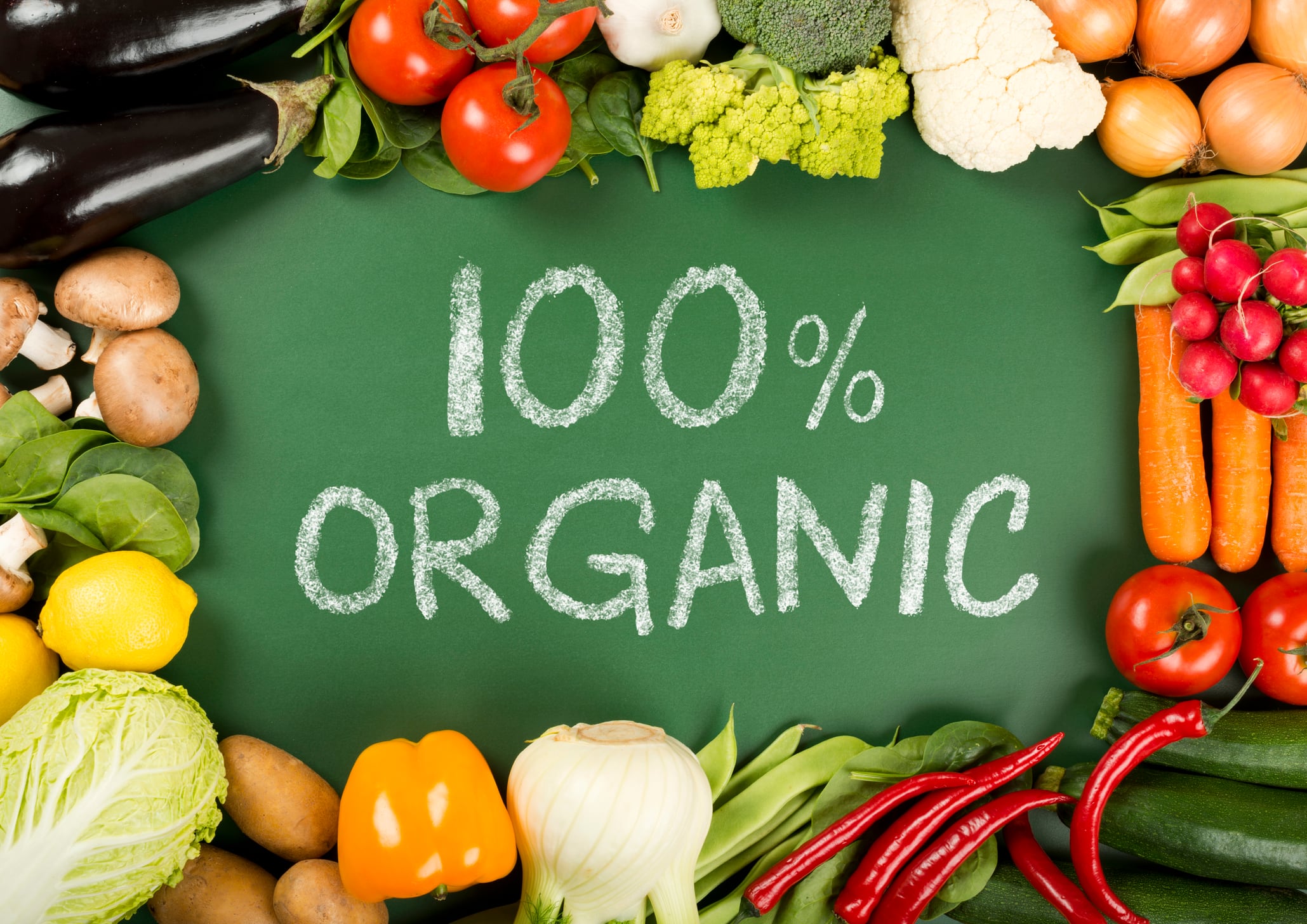
China has revised its organic food certification rules, strengthening requirements for products to obtain the Organic Product Certification Mark
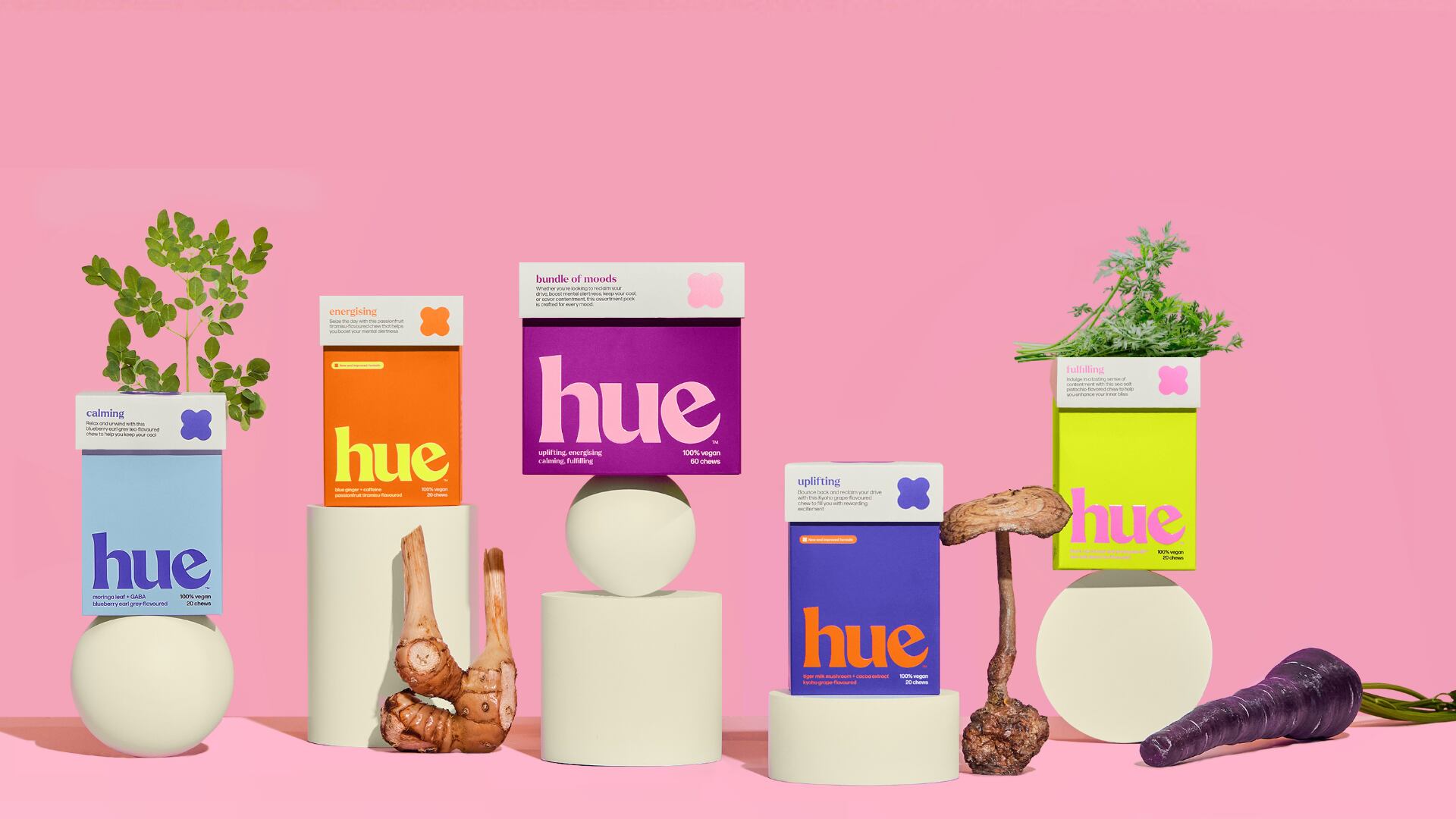
Singapore-based Hue taps gap in mood wellness to launch science-backed candies using traditional Asian botanicals
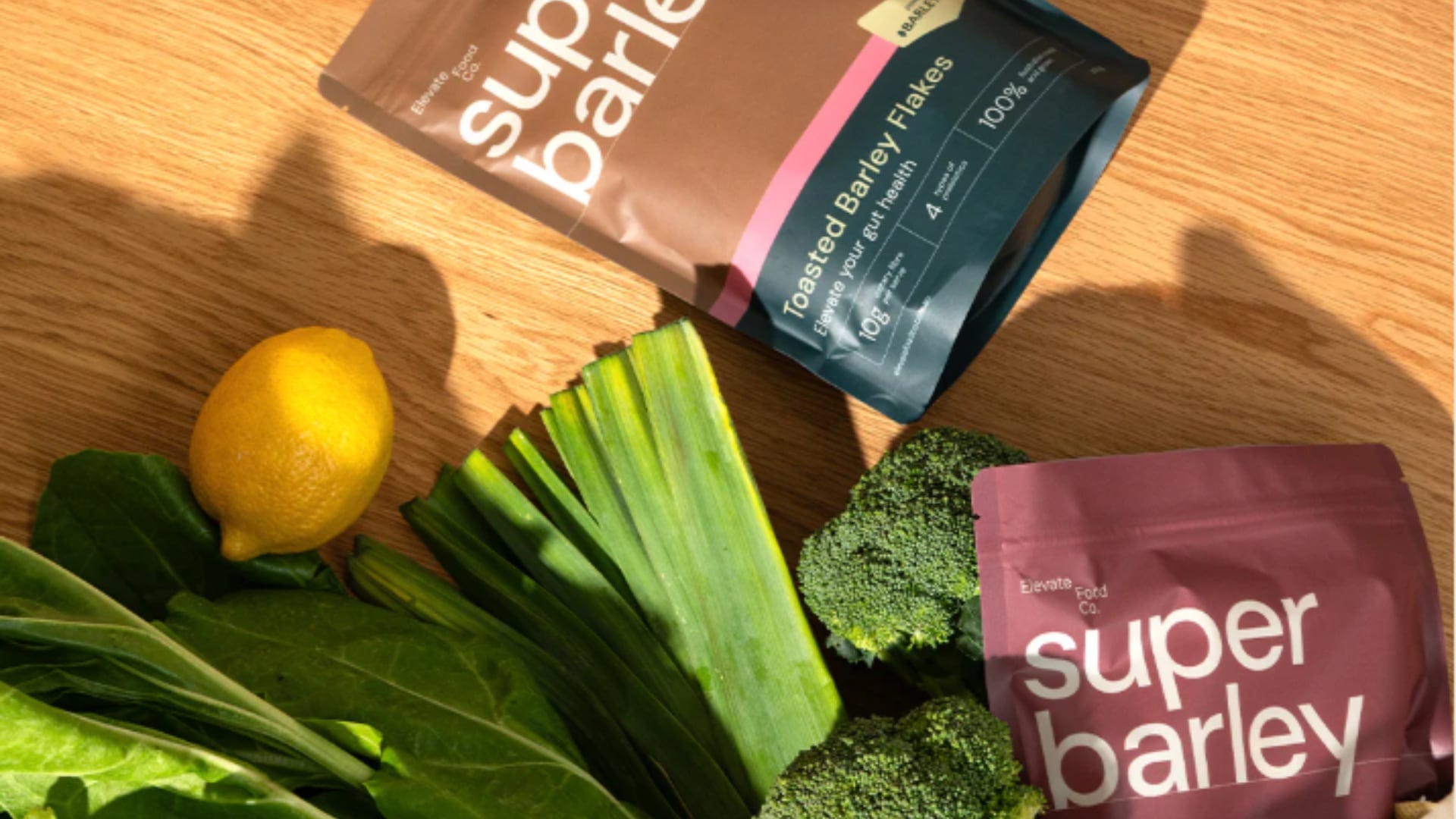
Award-winning gut-friendly supergrain BARLEYMAX eyes growth in elderly nutrition, infant formula, and high-fibre bakery products
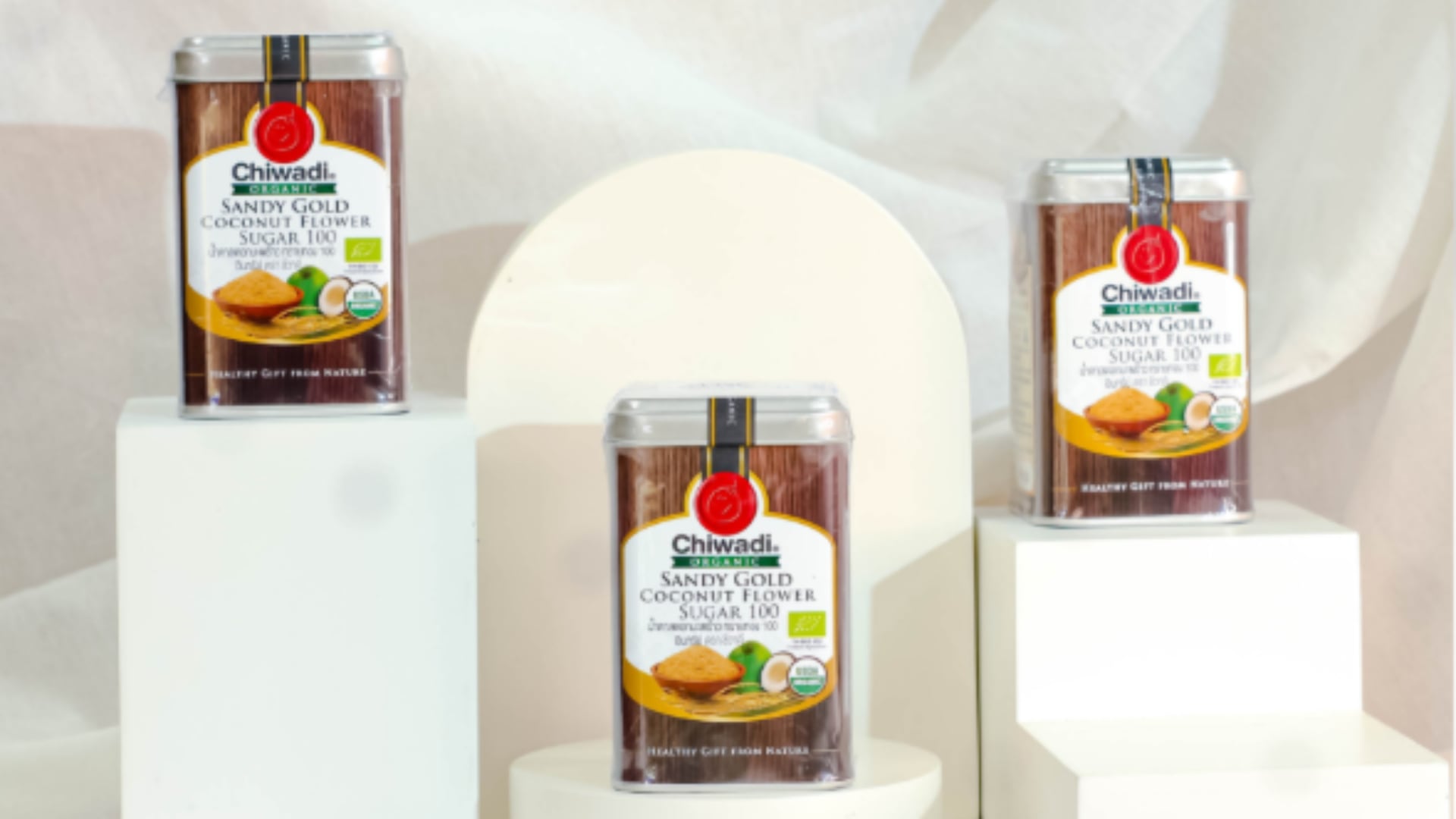
Thailand’s Chiwadi taps demand for clean label functional foods in markets new to coconut nectar, with focus on Asia and the UAE

Fi Asia 2025
Rice is emerging as a vital tool for Laos in its quest to develop better nutrition and reduce stunting among children nationwide
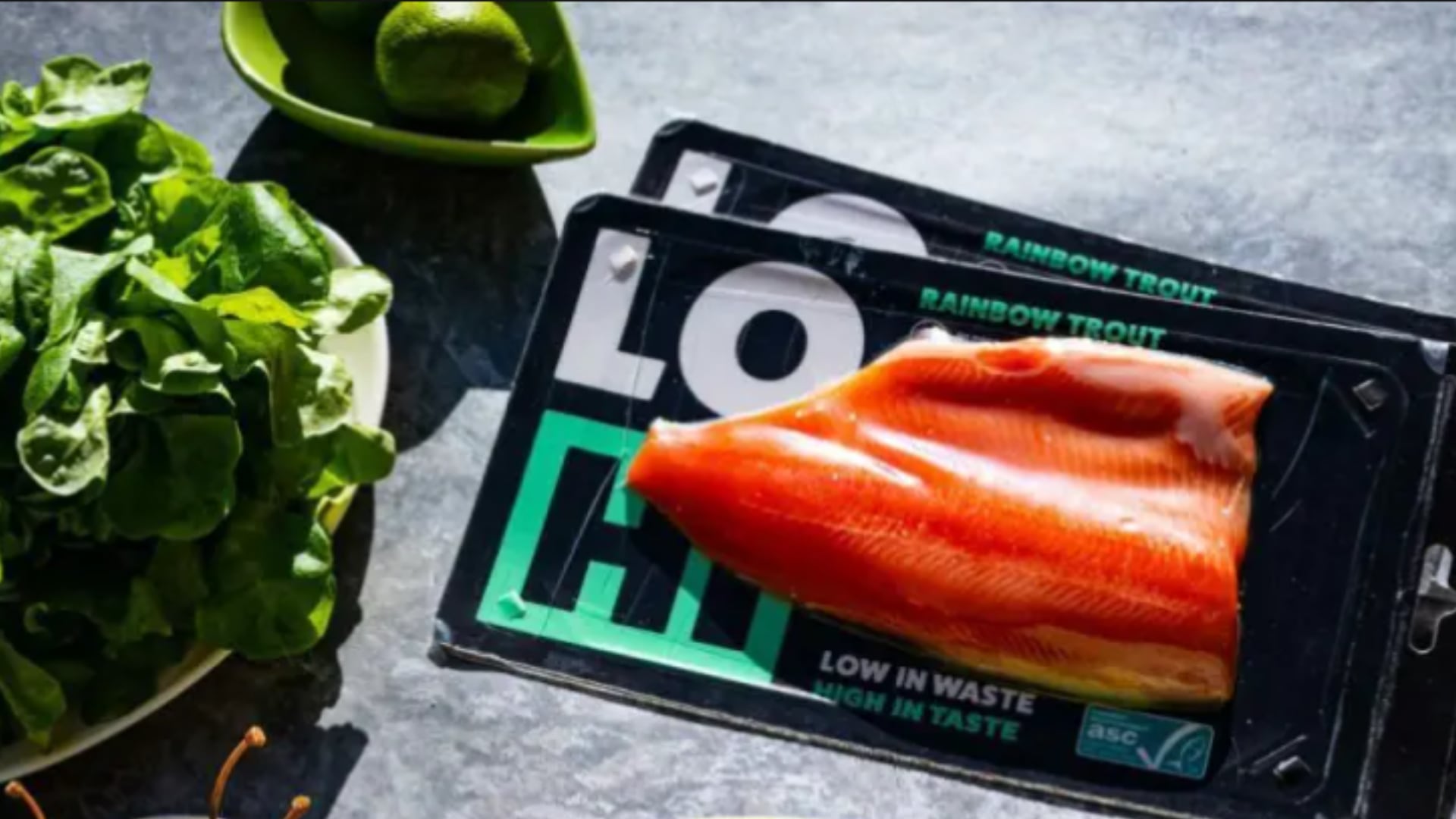
Finnforel has launched sustainably farmed rainbow trout in UAE, tapping the country’s fishing heritage and demand for clean-label convenient nutrition
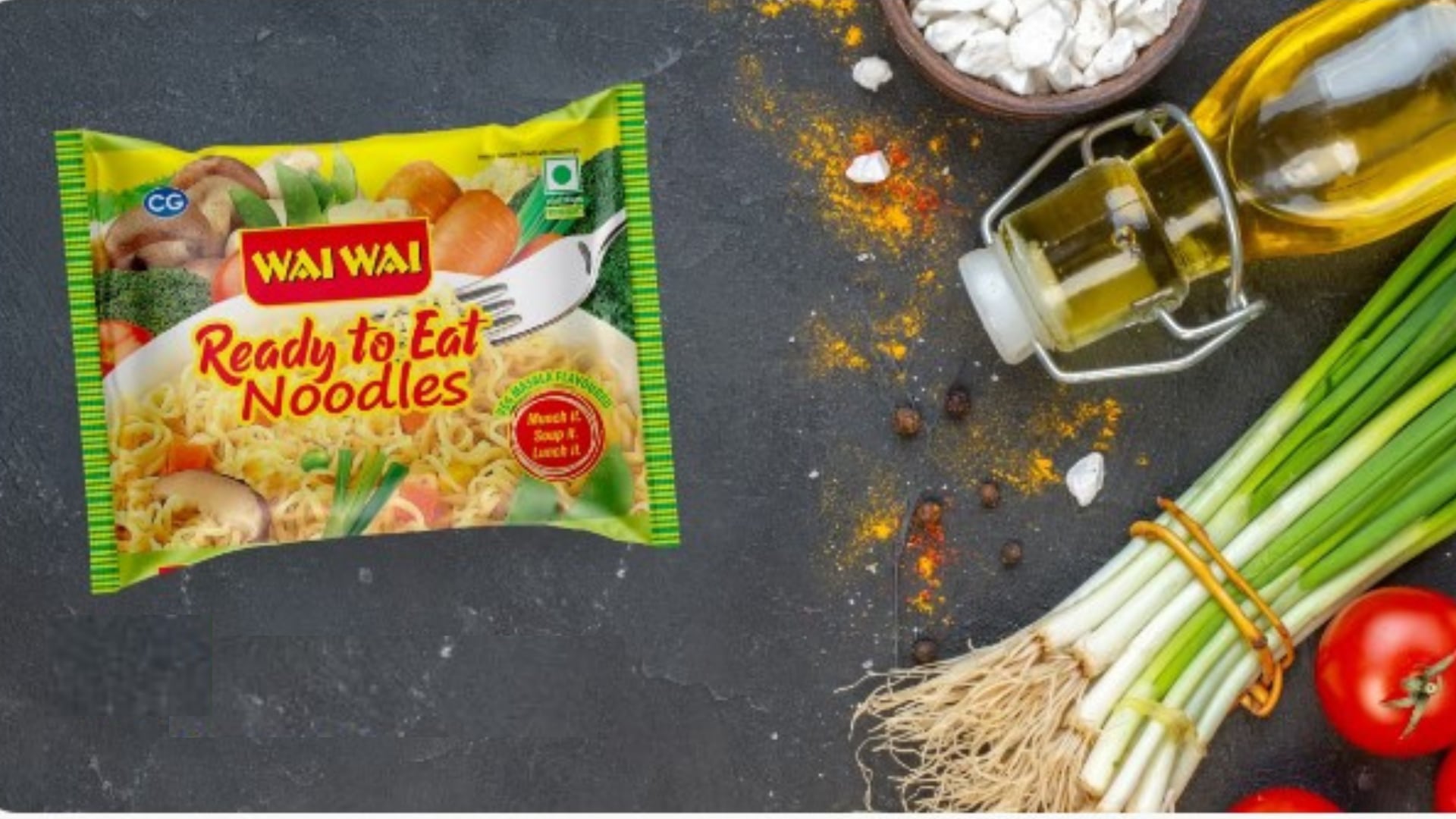
Nepal’s CG Foods is pitching Wai Wai instant noodles as versatile snack and meal alternatives, eyeing entry into Middle East and European markets

APAC’s unique incorporation of culture and health priorities with food is driving its rise as a hub for functional foods and novel technologies
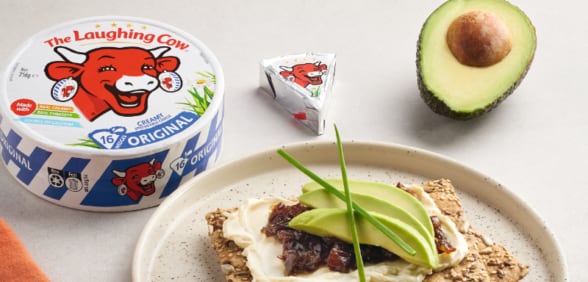
APAC Agri-food Innovation Summit
Dairy heavyweight Bel Group is exploring precision fermentation as a strategy to reshape dairy production and meet evolving protein needs